Features
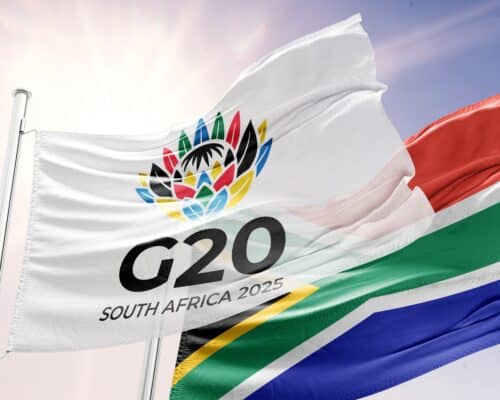
G20 Summit 2025: A Pivotal Moment for Developing Countries
South Africa’s chair of the G20 presents a unique opportunity to influence global policies and advocate for the interests of low-income and developing countries and their needs in addressing the challenges they face due to climate change and poverty.
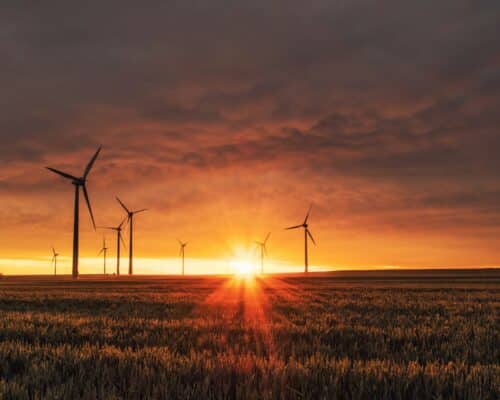
UN and IRENA: Renewables the Cheapest Electricity Source in 2024
New reports reveal that solar and wind power offer the lowest-priced electricity even without governmental support. Renewables have also helped save billions in fossil fuel import and climate damage costs, while boosting GDP and opening up millions of new jobs. Still, the world continues to subsidise polluting fuels — a practice that the 2035 NDC updates should end.
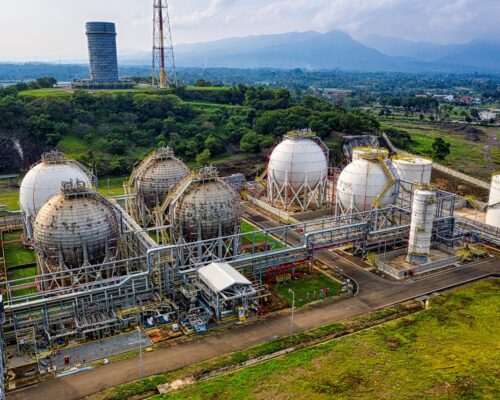
What’s Behind Gas Expansion in Australia – New Report
A new report reveals that Japanese and Korean corporate profits fuel gas expansion in Australia, jeopardising climate goals and posing financial risks. Despite warnings from the IEA that no new gas projects are needed for a net-zero future, Australia continues to expand LNG exports, risking increased emissions and environmental harm while locking in fossil fuel dependence.

What Lawmakers in the Philippines Can Do To Lower Power Prices
While the Philippines has made strides in developing its clean energy market, accelerating the energy transition to levels consistent with a net-zero aligned pathway requires scaling up the build-up of renewables, expanding the power grid and limiting new fossil fuel capacity and imports.
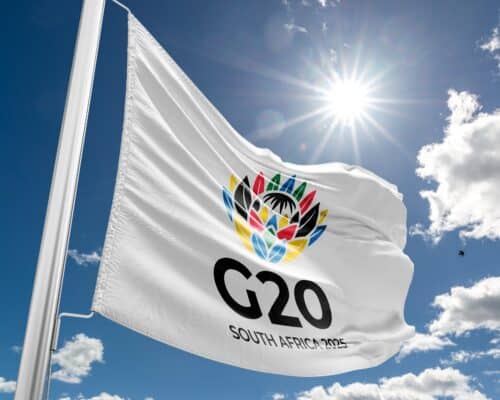
Lack of US Engagement Impacting 2025 G20 South Africa Summit
As the 2025 G20 summit approaches in South Africa, ongoing US disengagement and anti-climate policies threaten to undermine global cooperation on climate action. Despite challenges, other G20 members can strengthen alliances, pursue independent climate initiatives and mobilise finance to ensure progress toward sustainability and a just energy transition, even in the face of US setbacks.
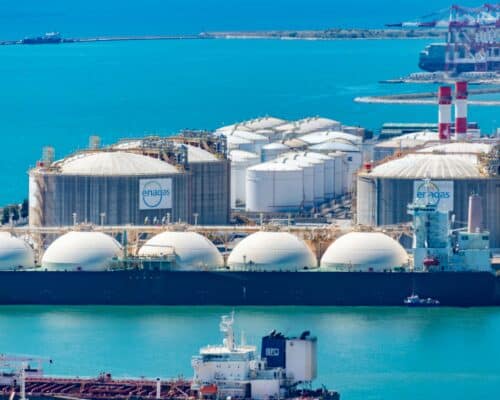
Philippines LNG Imports Costing Households Billions
Experts warn that plans to expand LNG import infrastructure, paired with the volatility of the fuel on global markets, will financially burden the country, as well as significantly increase electricity prices for consumers at times when cheaper, cleaner, renewable energy alternatives remain underutilised and readily available.
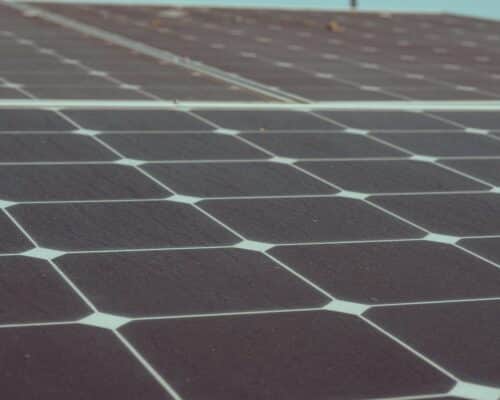
While Fossil Fuels Volatility Increases, Battery Storage Gets Cheaper, Making Solar Power Always Available
While solar is already the most viable solution for improving energy security, reducing power costs and mitigating carbon emissions, recent advancements and cost reductions in battery storage are now enabling us to ensure 24 hours of daily solar power. According to experts, the biggest obstacle to doing so is the business-as-usual mindset.
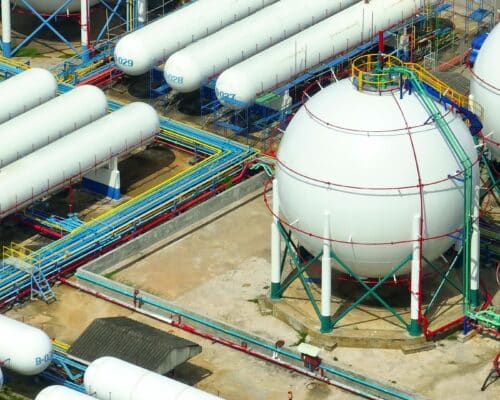
LNG Usage in Southeast Asia Should Be Ending, Not Moving Forward, Experts Claim
LNG does not fit Southeast Asia's energy sector due to price volatility, European arbitrage opportunities swinging supply away from the region, shipping route disruptions and self-serving vested Japanese corporate interests. What's needed is policy-level change. But do countries have the political self-will and determination to make the right decision?

Japan Most at Risk from Disruption in the Strait of Hormuz
Japan’s economy relies on access through the Strait of Hormuz, two-mile-wide shipping lanes that carries 80% of the crude and LNG the country burns daily. With regional tensions simmering, even a brief blockade of the Strait could send energy prices skyrocketing and highlight Tokyo’s need to accelerate its pivot to domestic renewables.
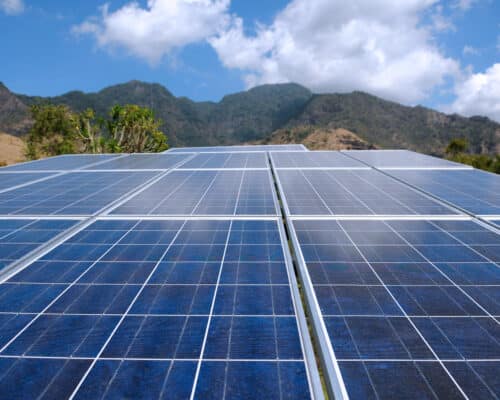
Indonesia’s RUPTL 2025-2034: New Electricity Supply Plan Misses the Mark
Indonesia’s new electricity plan signals a setback for clean energy. Increased reliance on fossil fuels and no clear plan for coal phaseout threaten both climate goals and economic growth. Despite abundant renewable resources, the country prioritises gas and coal, risking higher costs, environmental harm, and missed opportunities to lead in Southeast Asia’s clean energy transition.
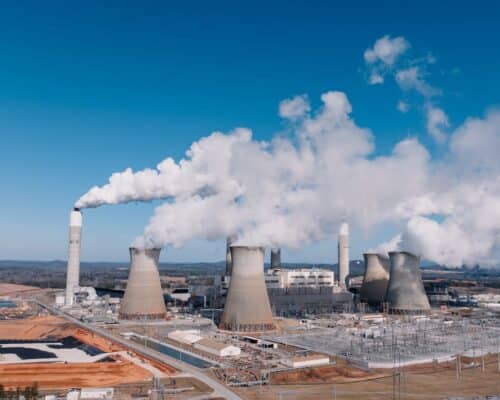
Fossil Fuel Divestment Scorecard: Japan “Dirtiest” Financier
Japanese banks have again emerged as the leading fossil fuel financiers in the region, while Southeast Asian financial institutions also play a prominent role. According to the report’s authors, their actions undermine the food security, biodiversity and health of millions in the region.
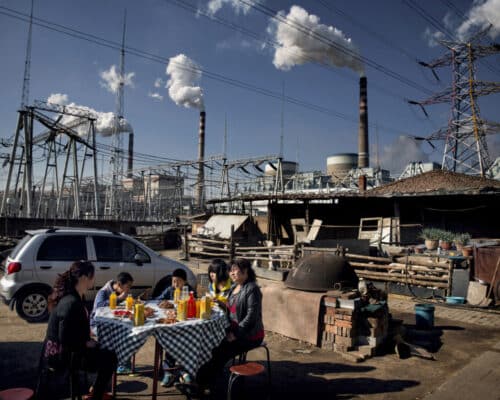
Stranded Assets Linked to MDB Finance Trigger Asia’s Economic Tailspins
Many Asian countries, including Bangladesh, face the economic fallout of investing in stranded fossil fuel assets. Despite billions spent on gas pipelines and power plants, these projects remain largely unused, highlighting the urgent need to shift towards affordable, renewable energy solutions.

LNG Investments Expand Gas Fleets in Japan, China and South Korea
Despite the urgent need to transition away from fossil fuels, global investments in LNG shipping are soaring, locking in decades of emissions and risking stranded assets. Experts warn that building new LNG carriers is both climate-destructive and economically unsustainable, emphasising the importance of shifting investments toward renewables to meet climate targets and ensure financial stability.
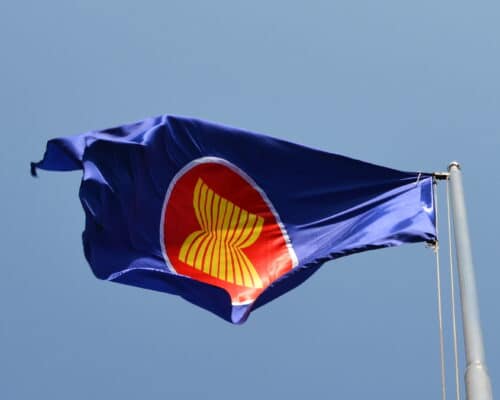
The 46th ASEAN Summit Ends With Pledges For Climate Action and Plans For More Fossil Fuels
The 46th ASEAN Summit in Kuala Lumpur concluded with numerous positives for regional cooperation and strengthened connections with China and other developed Asian nations. However, it also revealed that, despite all the talk about protecting communities from the impacts of climate change, leaders are determined to continue relying on fossil fuels.
Most Popular
Categories
-
9
-
34
-
126
-
4
-
17
-
46
-
52
-
11
-
10
-
15
-
24
-
6
-
6
-
271
-
199
-
17
-
24
-
1
-
1
-
23
-
39
-
44
-
87
-
18
-
86
-
41
-
17
-
10
-
43
-
46
-
86
-
292
-
21
-
44
-
36
-
10
-
42
-
36

